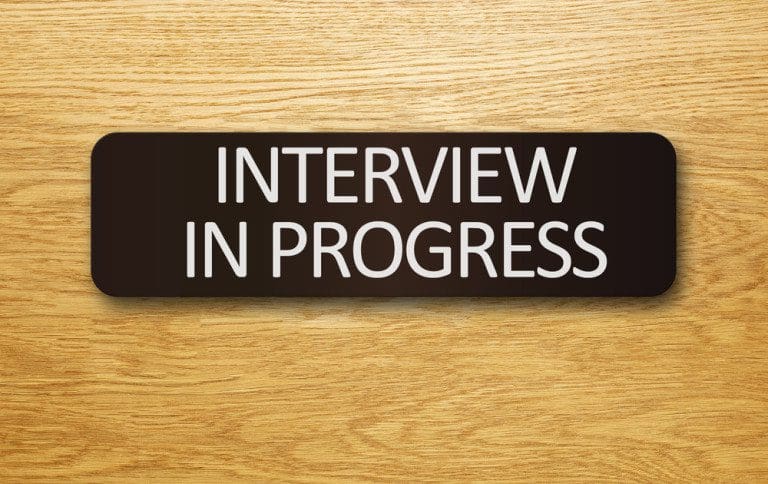The obvious purpose of interviews is to gain information that can assist in making hiring decisions. The time we typically have to engage in interviews and really understand what a candidate might offer is limited. So we need to be sure that the questions we ask are as clear and productive as practical. Following are five types of interview questions that generally do not produce good decision-informing information. As you plan your next set of interview questions, consider dropping these:
1. Closed-ended questions that signal the answer you seek. For example, “Tell us about your experience working with a diverse team.” The question tells the interviewee exactly how to frame and answer the question. Rather, consider questions that are open and invite the interviewee to talk more broadly, such as, “Describe challenges you have faced in situations where success was dependent on your ability to collaborate with others.”
2. Questions that ask candidates to reveal something that may reflect poorly on them, such as, “Describe your greatest weakness” or “What has been your biggest career mistake?” Savvy candidates are likely to describe a strength in a form that might look slightly like a weakness and frame a safe decision as their greatest misstep. As a result, little will be learned. Rather, consider presenting these questions to references.
3. Questions that inquire about future ambitions such as “What do you want to be doing in ten years?” The response likely presents a lose-lose dilemma for the candidate. If he or she says that in five years they want to be doing the job they are applying for, they may be seen as lazy and not ambitious. If they say they want to have your job, they may sound arrogant or too aggressive. In either case, you may not be hearing what is completely true. Consider instead a question about what brings satisfaction or motivates the candidate in a work environment. The answer is likely to tell you much more about whether there is a good match between the candidate and opening and whether long-term success and satisfaction will be present.
4. Questions that are multi-part. The complexity of these questions may be attractive, but often the second part is forgotten by the time the first part of the question is answered. If what you are trying to discover is whether the candidate can remember a list of items, there are better ways to assess that skill. Consider asking the core question. If necessary, present the second and subsequent parts of the question after the main question has been answered.
5. Questions that invite candidates to describe previous employment and employers in a negative light. Again, savvy candidates will avoid criticism of past employment situations to avoid the risk of appearing to be problems or blaming others. The only useful information you might collect is from candidates who fall into the trap you have set. Yet, even if they do, they may not have criticized a previous situation if you had not asked.
Reference:
Jenkins, R. (2012, February 2). We need a new interview script. The Chronicle of Higher Education.



